After the alleged suicide of her priest brother, Grace travels to the remote Scottish convent where he fell to his death. Distrusting the Church’s account, she uncovers murder, sacrilege and […]
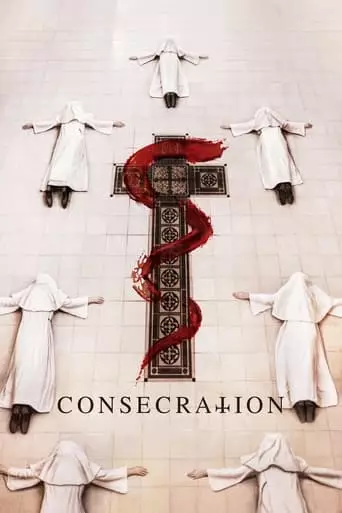
After the alleged suicide of her priest brother, Grace travels to the remote Scottish convent where he fell to his death. Distrusting the Church’s account, she uncovers murder, sacrilege and […]

A young law student, grieving for his dying mother, struggles to decide whether he should kill his unfaithful step-father. Detour (2017) is a neo-noir thriller directed by Christopher Smith, featuring […]
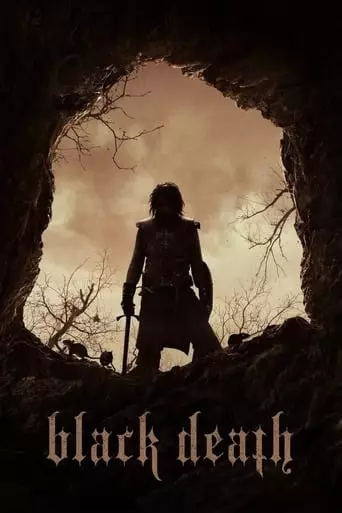
As the plague decimates medieval Europe, rumours circulate of a village immune from the plague. There is talk of a necromancer who leads the village and is able to raise […]
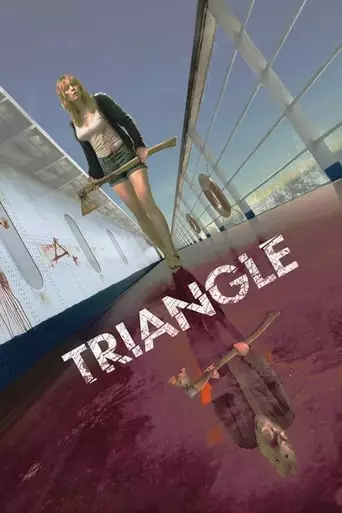
When Jess sets sail on a yacht with a group of friends, she cannot shake the feeling that there is something wrong. Her suspicions are realized when the yacht hits […]
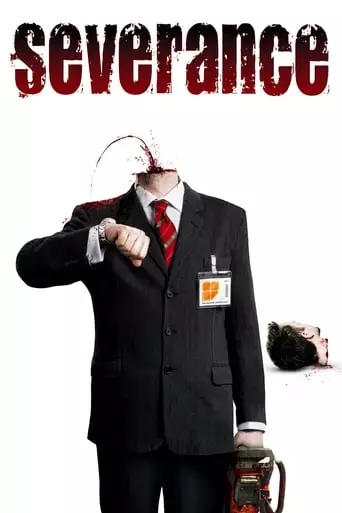
Members of the Palisades Defense Corp. sales group arrive in Europe for a team-building exercise. A fallen tree blocks the route, and they must hike to their destination. However, a […]
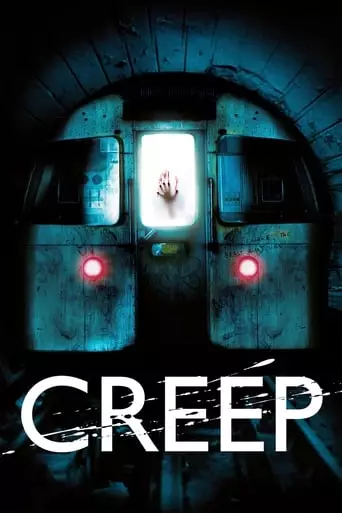
Trapped in a London subway station, a woman who’s being pursued by a potential attacker heads into the unknown labyrinth of tunnels beneath the city’s streets. Creep (2004), directed by […]
Christopher Smith: Master of Psychological Horror and Genre-Bending Thrills
Christopher Smith, a British filmmaker, has carved a niche for himself in the world of cinema with his darkly inventive storytelling, psychological depth, and genre-defying narratives. Known primarily for his work in horror and thriller films, Smith’s career showcases a knack for blending visceral tension with thought-provoking themes, earning him a dedicated following among fans of intelligent, edgy cinema.
Early Life and Career Beginnings
Born on July 1, 1970, in Bristol, England, Christopher Smith displayed an early interest in storytelling and visual arts. He studied film at the Bristol Old Vic Theatre School and later at the London International Film School, where he honed his skills in screenwriting and directing.
Smith began his career with short films, including The Day Grandad Went Blind, which gained attention for its sharp writing and atmospheric direction. His ability to craft compelling narratives with limited resources caught the eye of producers, paving the way for his debut feature film.
Breakthrough with Horror
Smith made his feature debut with Creep (2004), a claustrophobic horror film set in the labyrinthine tunnels of the London Underground. The film follows a young woman, played by Franka Potente, who becomes trapped in the subway system and hunted by a mysterious, deformed killer.
Creep received praise for its unsettling atmosphere, inventive use of location, and Smith’s ability to sustain tension throughout. The film established Smith as a director to watch in the horror genre.
Exploration of Genre-Bending Narratives
Smith’s subsequent films showcased his talent for blending horror with other genres, creating unique and memorable cinematic experiences.
Severance (2006)
A dark comedy-horror hybrid, Severance follows a group of office workers on a team-building retreat that turns deadly. Mixing gruesome violence with sharp satire, the film was both a critical and commercial success. Smith’s ability to balance humor and horror earned him comparisons to filmmakers like Edgar Wright and Sam Raimi.
Triangle (2009)
Widely regarded as one of Smith’s most ambitious works, Triangle is a mind-bending psychological thriller that explores themes of time loops, guilt, and existential dread. Set on a mysterious ship, the film follows a group of friends who encounter strange and terrifying phenomena.
Melissa George’s central performance and Smith’s intricate, puzzle-like narrative structure drew widespread acclaim, with many hailing Triangle as a modern cult classic.
Black Death (2010)
In Black Death, Smith shifted gears to historical horror, crafting a grim and atmospheric tale set during the bubonic plague. Starring Sean Bean and Eddie Redmayne, the film explores themes of faith, morality, and the supernatural. Its gritty realism and moral ambiguity marked a departure from Smith’s earlier work, showcasing his versatility as a filmmaker.
Diverse Projects and Continued Innovation
Smith continued to explore new genres and styles, pushing the boundaries of conventional storytelling.
Detour (2016)
A neo-noir thriller, Detour follows a young law student caught in a dangerous web of crime and deceit. The film’s split-narrative structure and stylish visuals demonstrated Smith’s willingness to experiment with form while delivering a compelling story.
The Banishing (2020)
Returning to his horror roots, Smith directed The Banishing, a period ghost story inspired by the infamous Borley Rectory, known as “the most haunted house in England.” The film’s eerie atmosphere and psychological tension showcased Smith’s continued mastery of the genre.
Consecration (2023)
In Consecration, Smith delved into religious horror, exploring themes of faith, heresy, and the supernatural. The film combined chilling visuals with a thought-provoking narrative, reaffirming Smith’s reputation as a director unafraid to tackle complex and unsettling subject matter.
Directorial Style and Themes
Christopher Smith’s films are marked by:
Psychological Depth: His stories often delve into the complexities of human nature, guilt, and morality.
Genre Fluidity: Smith seamlessly blends elements of horror, thriller, comedy, and drama, creating films that defy easy categorization.
Atmospheric Tension: Whether set in a modern subway or a medieval village, his films are characterized by immersive and unsettling environments.
Narrative Innovation: Smith frequently experiments with unconventional storytelling techniques, such as time loops and split narratives, keeping audiences engaged and intrigued.
Legacy and Influence
Christopher Smith has earned a reputation as a filmmaker who challenges the conventions of genre cinema. His ability to craft intelligent, visually striking, and emotionally resonant films has made him a standout voice in contemporary filmmaking.
Smith’s work has influenced a new generation of directors, particularly in the horror and thriller genres, who admire his commitment to pushing boundaries and exploring the darker corners of the human psyche.
Conclusion
Christopher Smith’s career is a testament to the power of innovation and storytelling. From the claustrophobic terror of Creep to the philosophical intricacies of Triangle, his films offer a unique blend of entertainment and intellectual engagement.
As he continues to evolve as a filmmaker, Christopher Smith remains a vital and compelling figure in modern cinema, proving that genre filmmaking can be both thrilling and thought-provoking.